
The job interview is a crucial step in the employment process, serving as the gateway between submitting a resume and landing the desired position. A successful interview requires a combination of preparation, effective communication, and the ability to showcase one’s skills and qualifications. This blog aims to provide a comprehensive guide on how to navigate the job interview process successfully, covering the key aspects from preparation to follow-up.
There is so much information related to completing a successful interview on the internet that it can be hard to determine what is reliable good information. Here at Interview Expert, helping individuals to conduct successful interviews is our business and we want to help you to prepare with the best interview techniques and interview coaching available. When looking for the best answers for interview questions, it is wise to seek an interview coach to help you to narrow down the types of questions that maybe asked in specific job titles and industries. Common interview questions, executive interview questions, basic interview questions, and behavioral based interview questions can all run together unless you are apt at understanding the differences. In this article, we are going to discuss the more common tips for completing a successful interview and the importance of understanding the different types of interview questions.
Before stepping into the interview room, candidates must thoroughly research the prospective employer. This includes understanding the company’s mission, values, products or services, and recent achievements. This knowledge not only demonstrates genuine interest but also enables candidates to tailor their responses to align with the organization’s goals.
A critical aspect of interview preparation involves a deep understanding of the job requirements. Candidates should carefully review the job description, identifying key skills, responsibilities, and qualifications. This information allows candidates to articulate how their unique experiences and abilities make them an ideal fit for the position.
Candidates must conduct a self-assessment to identify their strengths, weaknesses, and relevant experiences. This self-reflection aids in building confidence and ensures that candidates can speak convincingly about their qualifications during the interview. Additionally, anticipating potential questions and formulating thoughtful responses helps candidates respond confidently and coherently during the interview.
A well-structured resume serves as a powerful tool in creating a positive first impression. Candidates should organize their resumes in a clear and concise format, highlighting relevant work experience, skills, and achievements. Ensuring that the resume aligns with the job requirements is essential for capturing the interviewer’s attention.
Rather than merely listing job responsibilities, candidates should focus on showcasing their accomplishments and contributions in previous roles. Quantifiable achievements provide tangible evidence of a candidate’s impact and value, setting them apart from other applicants.
Customizing the resume for each job application is crucial. Tailoring the document to align with the specific requirements of the position demonstrates a candidate’s attention to detail and genuine interest in the role. It also increases the likelihood of the resume passing through applicant tracking systems (ATS) used by many employers.
III. Developing Strong Interview Skills
Effective communication extends beyond words. Non-verbal cues, such as body language and eye contact, play a significant role in shaping an interviewer’s perception. Candidates should maintain good posture, offer a firm handshake, and establish eye contact to convey confidence and professionalism.
While it is impossible to predict every question that may arise during an interview, candidates can prepare for common inquiries. Practicing responses to questions about strengths, weaknesses, career goals, and specific experiences allows candidates to articulate their thoughts more coherently during the actual interview.
The STAR method (Situation, Task, Action, Result) is an effective technique for structuring responses to behavioral questions. By providing specific examples of past situations, tasks, actions, and results, candidates can demonstrate their problem-solving abilities and showcase relevant skills
In today’s dynamic work environments, employers value candidates who can adapt to change and contribute positively to the company culture. During the interview, candidates should emphasize their flexibility, openness to learning, and ability to thrive in diverse and collaborative settings.
Expressing alignment with the company’s values is crucial for demonstrating cultural fit. Candidates should incorporate the organization’s core values into their responses, illustrating how their personal and professional principles align with those of the company.
Asking thoughtful questions during the interview not only demonstrates genuine interest but also provides candidates with valuable insights into the company culture. Questions about team dynamics, company goals, and opportunities for professional development showcase a candidate’s commitment to understanding the organization.
Candidates with employment gaps must proactively address this aspect during the interview. Offering a concise and honest explanation, emphasizing any skills acquired during the gap, and showcasing a commitment to professional development can mitigate concerns and strengthen the overall candidacy.
The topic of salary can be delicate, but candidates should be prepared to discuss their salary expectations if prompted by the interviewer. Researching industry standards and aligning expectations with the candidate’s qualifications and the company’s budget can help navigate this conversation successfully.
Behavioral questions, which probe into past experiences and actions, can be challenging. Candidates should approach these questions by focusing on positive outcomes, highlighting personal growth, and emphasizing how past experiences have equipped them for the position in question. . Learning and understanding behavioral interview techniques can be essential during the interviewing process. Behavioral interviewing is when an interviewer asks you about a situation and how you handle that situation in the past. The thought behind this technique is that past behaviors determine future behaviors. In other words, how you responded or reacted to a situation in the past is how you will react and respond to a similar situation in the future. The STAR method is a common technique used when answering behavioral based questions.
The acronym stands for Situation, Task, Action, & Result. Meaning that every answer/story to an interview question needs to include each of these 4 elements in order to be a memorable answer. S stands for Situation or setting the scene. T stands for Task or describing the purpose, A stands for Action or explain what you did, and R stands for result or sharing the outcome.
Following the interview, candidates should promptly send a thank-you email expressing gratitude for the opportunity and reiterating their enthusiasm for the position. This email is also an opportunity to briefly restate key qualifications and reiterate interest in contributing to the organization.
In cases where a decision timeline was discussed during the interview, candidates should follow up accordingly. If no timeline was provided, waiting for a reasonable period (typically a week or two) before inquiring about the status of the application demonstrates patience and professionalism.
Whether successful or not, every job interview is a learning opportunity. Candidates should reflect on the interview experience, identifying areas of improvement and refining their approach for future opportunities. Seeking feedback, if possible, can provide valuable insights for continuous growth.
A key to a successful interview is to ensure that you always remain professional. Remaining professional ensures that you are taken seriously as a viable candidate for the position. Conducting yourself in a professional manner does not only include during the interview itself, but it also includes the entire time you are on the property or surrounding area of the company. You want to be professional with every aspect from the parking lot to the interview. Do not be rude or dismissive to anyone that has interaction with the company.
Prepare for Small Talk
An inevitable part of an interview is small talk. This includes small talk with individuals within the company that may not be interviewing you. Some topics to consider preparing for small talk are
Checklist
It is important for a successful interview to bring any potential needed items to the interview such as
How to find an Interview Coach that is right for you?
Interview coaches can be found locally or through the internet. Searching for the right interview coach can be challenging; however, you need to find a coach that will work for you. You want to make sure that you are choosing a coach that is experienced and knowledgeable with interview techniques. You also want to choose the type of interview coach that fits your specific needs. For example, there are career coaches and professional development companies. With a career coach, you often sign up for a set number of hours of coaching with varying rates and packages. Many of those coaches offer a free consultation before you commit, which can also help you to see if they are the right coach for you. Professional development companies may offer the same packages; however, the experience may not be as personalized as it is with a single career coach.
At Interview Expert, our clients are our top priority. Together we develop the coaching time to best fit the needs of both the individual and the type of job or industry in which they are interviewing. Our interview coaches are experienced in the Human Resources field with years of experience in Talent & Acquisition. Check out our website at www.interview-expert.com to meet our interview coaches and see what types of options we offer for our clients.
Conclusion
Mastering the art of the job interview is a multifaceted process that requires thorough preparation, effective communication, and a strategic approach. By investing time in researching the company, tailoring resumes, honing interview skills, and demonstrating cultural fit, candidates can significantly increase their chances of success. Handling challenging situations with grace, practicing post-interview etiquette, and learning from each experience contribute to a holistic approach that not only secures a job but also fosters professional growth. As the job market continues to evolve, these skills and strategies remain invaluable assets for navigating the competitive landscape and achieving long-term career success.
This article only discusses a handful of items that need to be addressed in order to complete a successful interview. In order to ensure that you are fully prepared, we suggest contacting one of our interview coaches on our website at www.interview-expert.com. Our coaches can help to prepare for a successful interview through coaching tailored specifically for your needs and the type of job/industry in which you are interviewing for. Our coaches have decades of experience in the talent acquisition field and have conducted 1,000’s of interviews during that time. We are prepared to help you to have the best job interview. Check us out and see what we have to offer. We have self-guided training to help you gain skills at your own pace as well as one on one coaching with our coaches. No two coaching’s are the same and we are here to help you to develop the skills needed to land your next big job!
Interview Expert is here for all of your interviewing needs, check us out at www.interview-expert.com. We have multiple options to assist you with various types of interviewing needs. Interview Expert has a long record of helping individuals gain their dream jobs through multiple styles of interviewing including group interviews, individual interviews, and virtual interviews. Check us out for all of your interviewing needs.
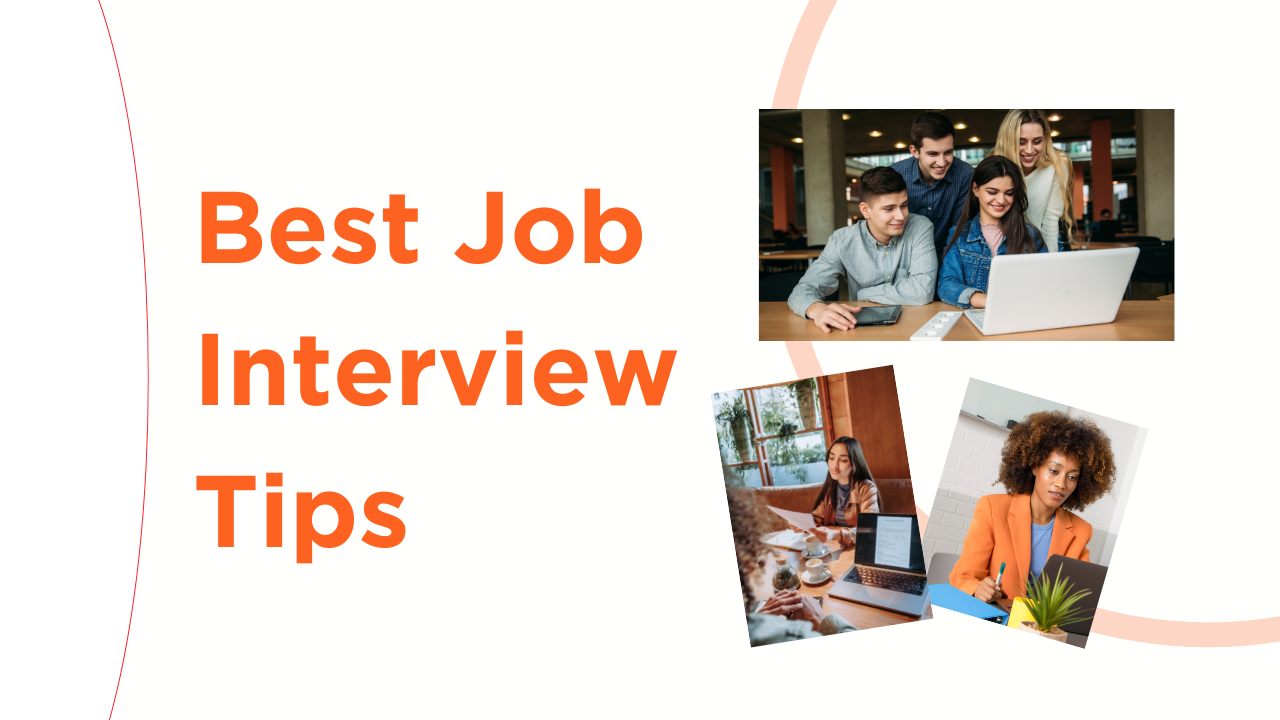
1 month ago, admin
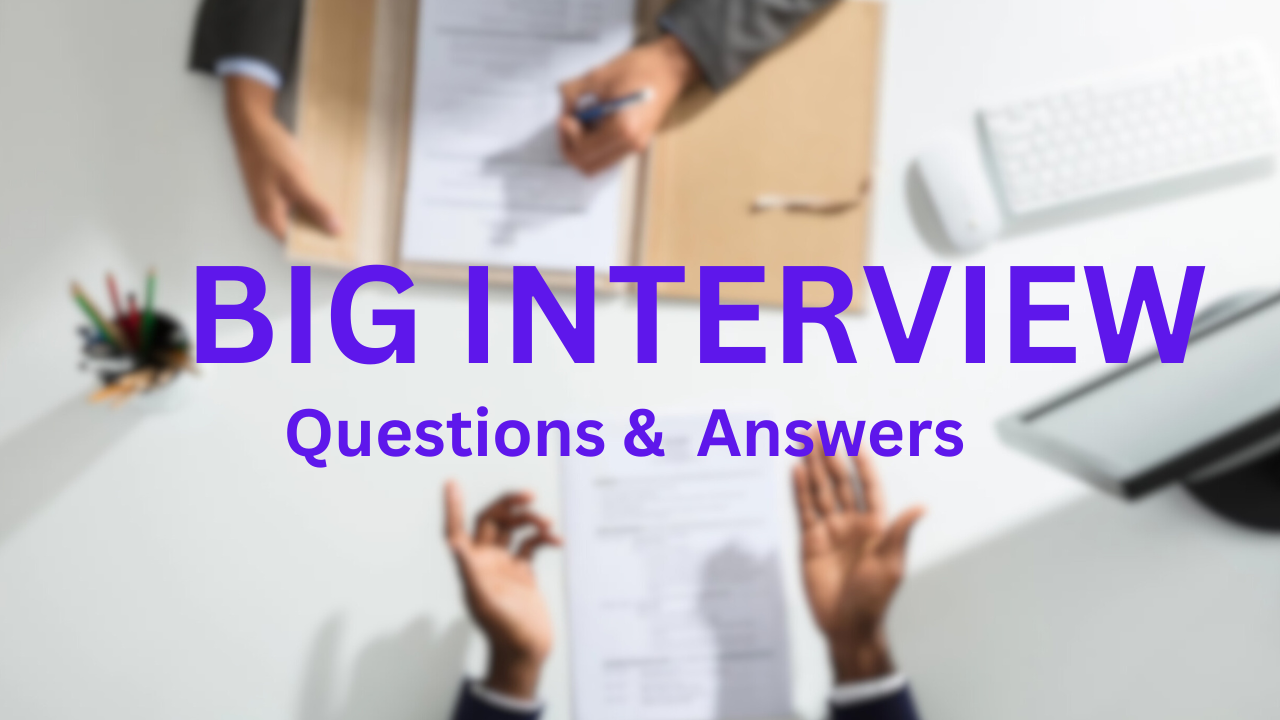
3 months ago, admin

3 months ago, admin
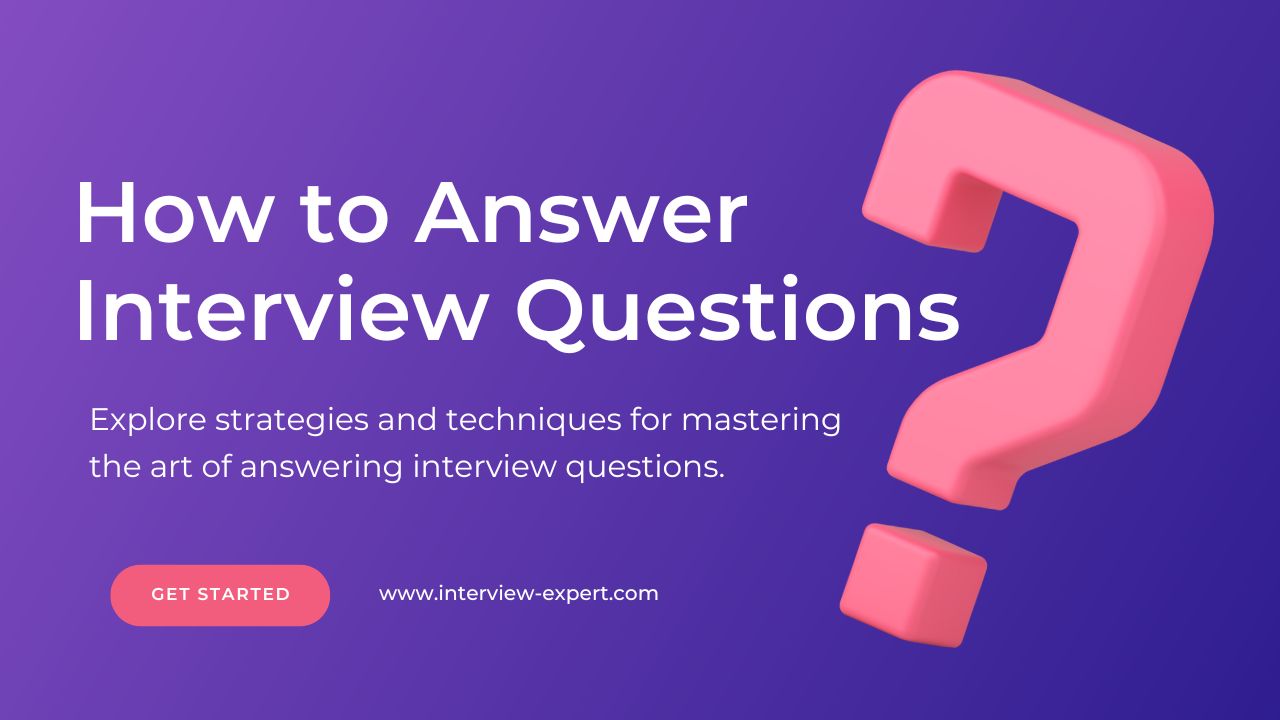
10 hours ago, admin
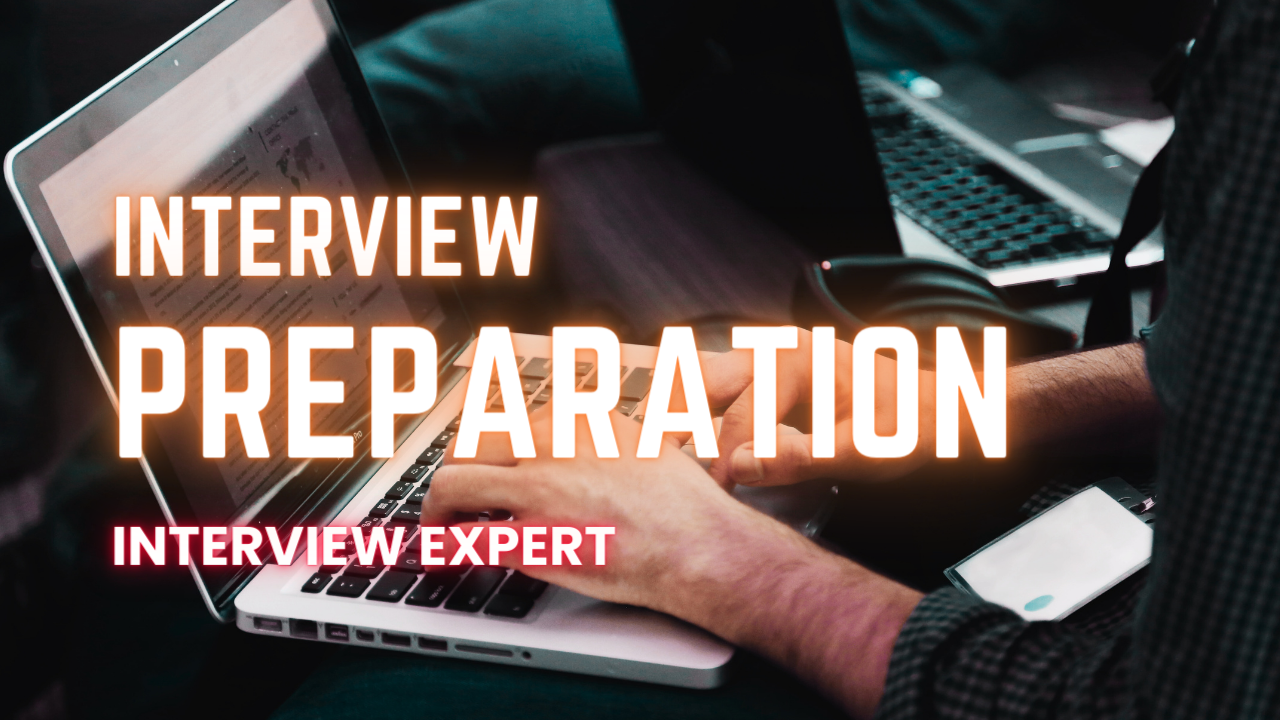
6 days ago, admin
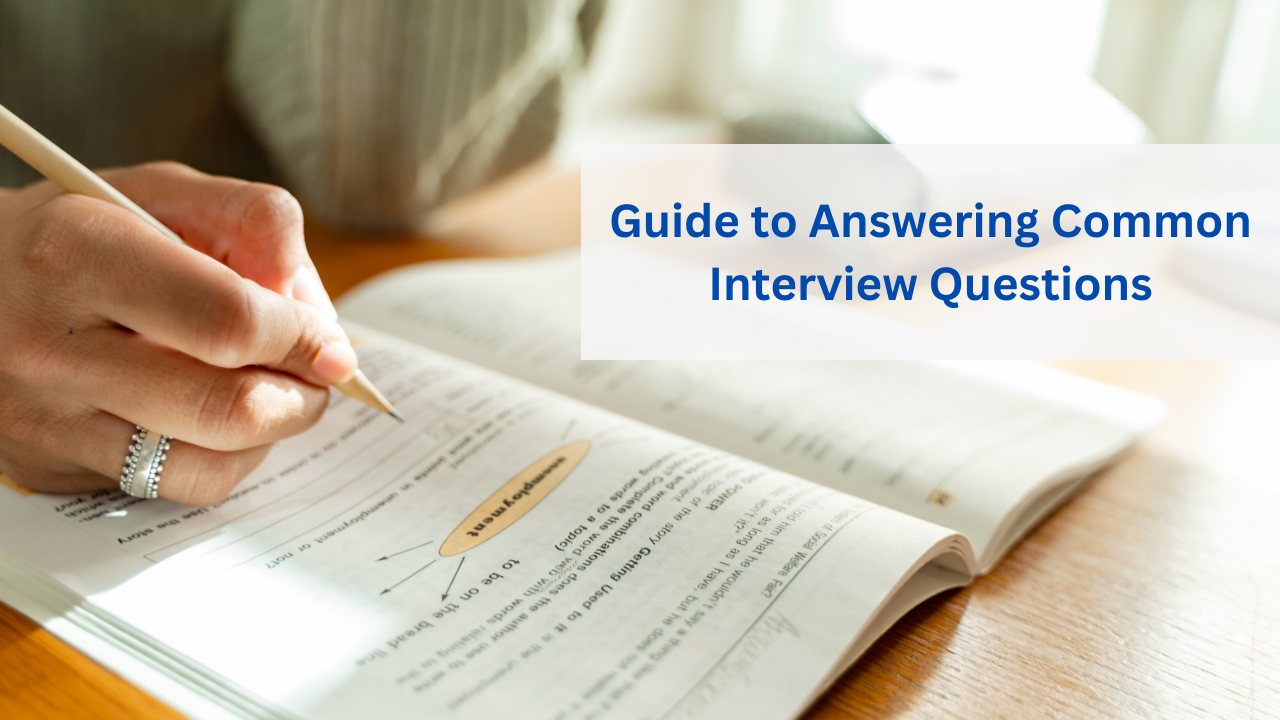
1 week ago, admin
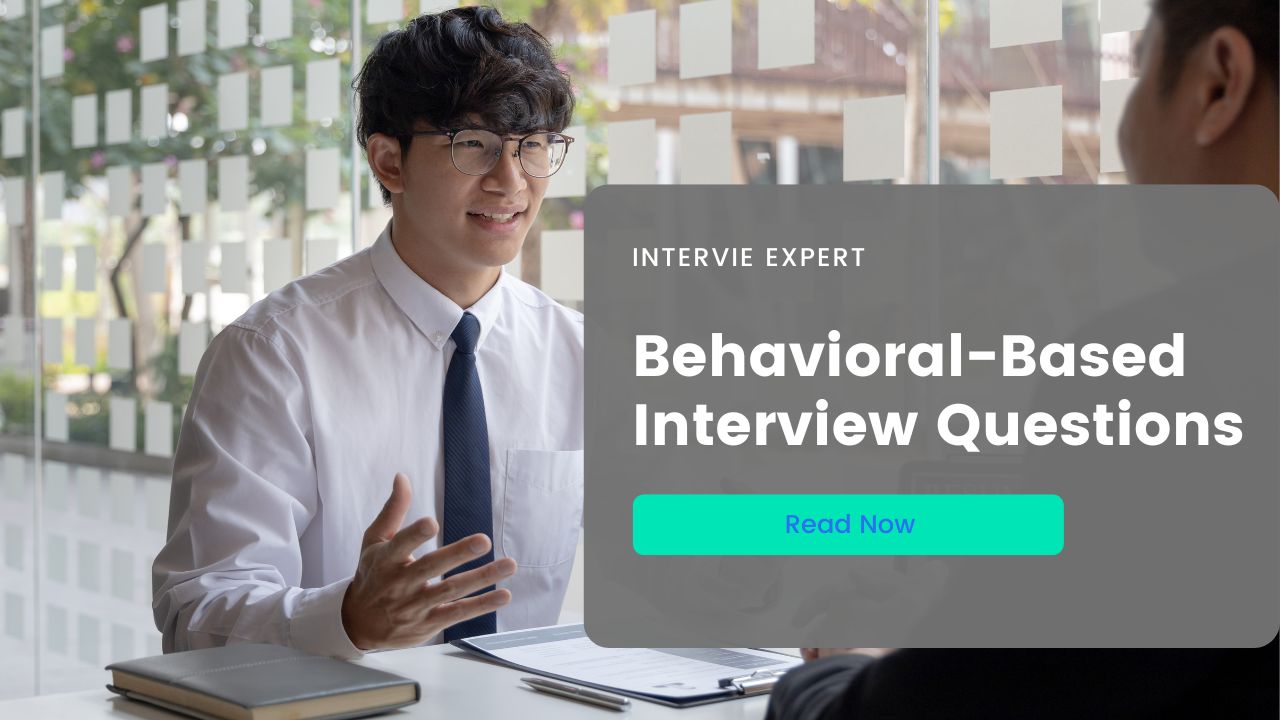
2 weeks ago, admin
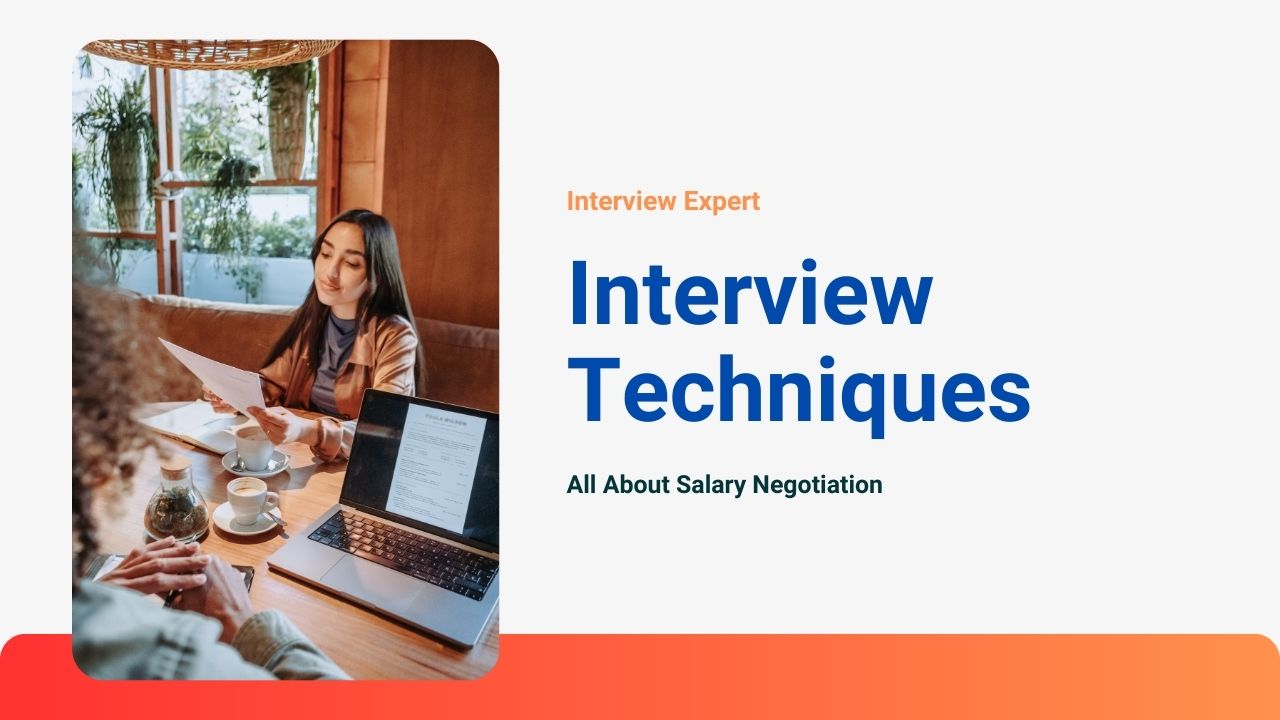
2 weeks ago, admin